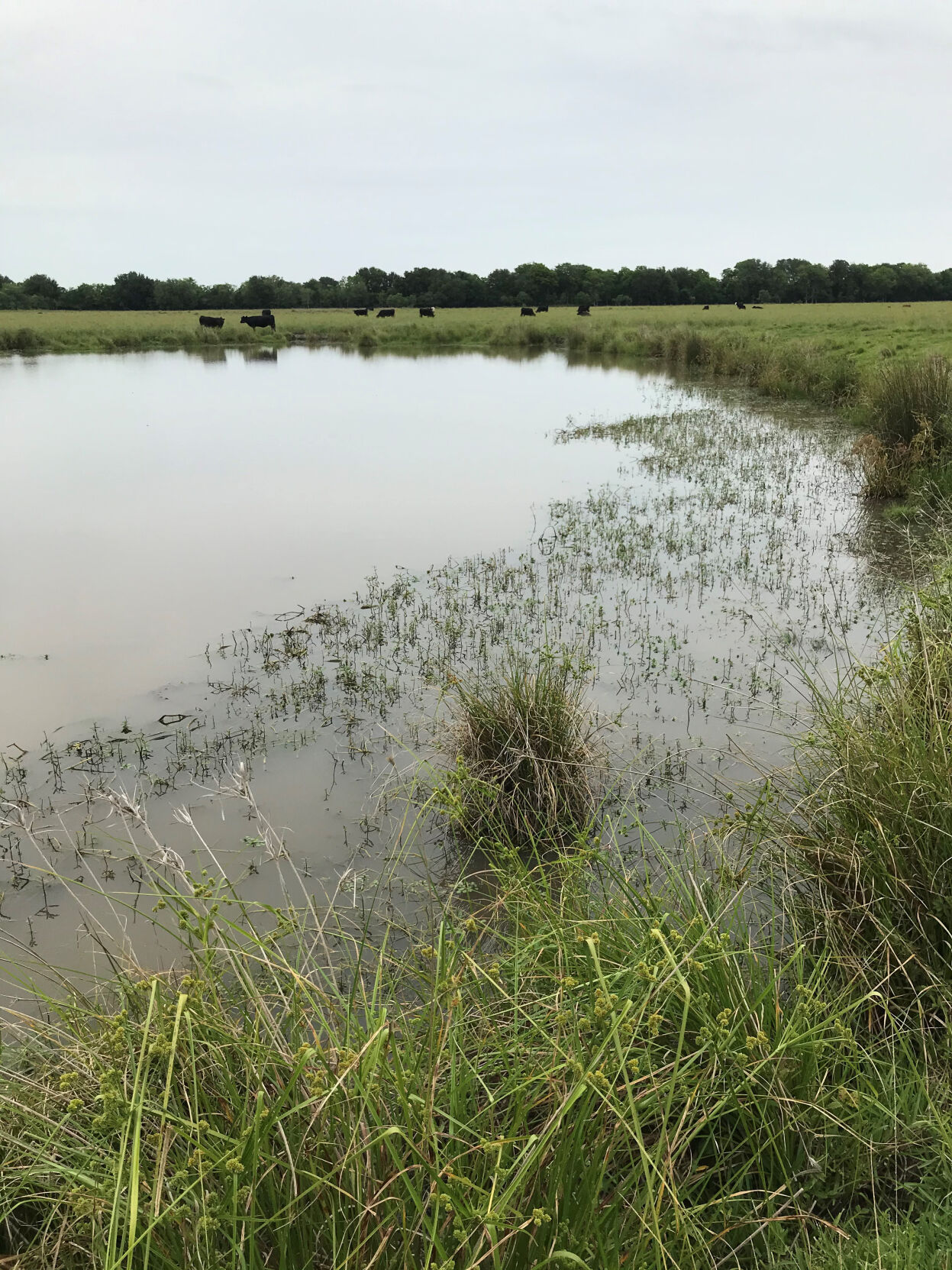On April 6, President Joe Biden returned without his approval a resolution that would disapprove the revised definition of the “Waters of the United States” rule that he recently proposed.
In a Twitter message, Biden said, "I just vetoed a bill that attempted to block our Administration from protecting our nation’s waterways…from destruction and pollution."
“The 2023 revised definition of ‘Waters of the United States’ carefully sets the bounds for which bodies of water are protected under the Clean Water Act. It provides clear rules of the road that will help advance infrastructure projects, economic investments, and agricultural activities—all while protecting water quality and public health,” he said.
The resolution would leave Americans without a clear definition of “Waters of the United States,” the president said. The increased uncertainty caused by the resolution would threaten economic growth, including for agriculture, local economies, and downstream communities, he added.
“Farmers would be left wondering whether artificially irrigated areas remain excluded or not,” Biden said. “Construction crews would be left wondering whether their waterfilled gravel pits remain excluded or not. The resolution would also negatively affect tens of millions of United States households that depend on healthy wetlands and streams.”
According to the Congressional Budget Office, the H.J. Res. 27 would have prevented the Environmental Protection Agency and Army Corps of Engineers from implementing or enforcing certain regulations related to the nation’s waters and wetlands under the Clean Water Act.
The CWA directs EPA and the Corps to serve as co-regulators, along with the states, of the nation’s waters. H.J. Res. 27 would prevent those agencies from implementing a final rule, “Revised Definition of ‘Waters of the United States,’” as published in the Federal Register on Jan. 18. The rule, which was to take effect on March 20, defines the scope of waters protected by the CWA.
Critics had urged the administration to wait until the Supreme Court rules on a 15-year-old case, Sackett v. EPA, which could supersede the administration’s rule making, as well as the actions of the two previous administrations in attempting to define "waters of the United States."
The controversy has raged ever since a split 4-4-1 Supreme Court ruling in 2006 in a related case, Rapanos v. United States, created ambiguity and confusion over the meaning of the term "waters of the United States" under the Clean Water Act, originally passed in 1972. Both the Obama and Trump administrations put forward their own definitions, and both were immediately challenged in multiple lawsuits.
U.S. Sen. Roger Marshall, R-KS, a member of the Senate Agriculture Committee, was disappointed in Biden’s decision.
"Consistent and clear guidelines and regulations are vital in protecting our waterways—we cannot keep moving the goalpost. Sadly, that is exactly what this administration did,” Marshall said.
Dave Bergmeier can be reached at 620-227-1822 or [email protected]. David Murray can be reached at [email protected].




